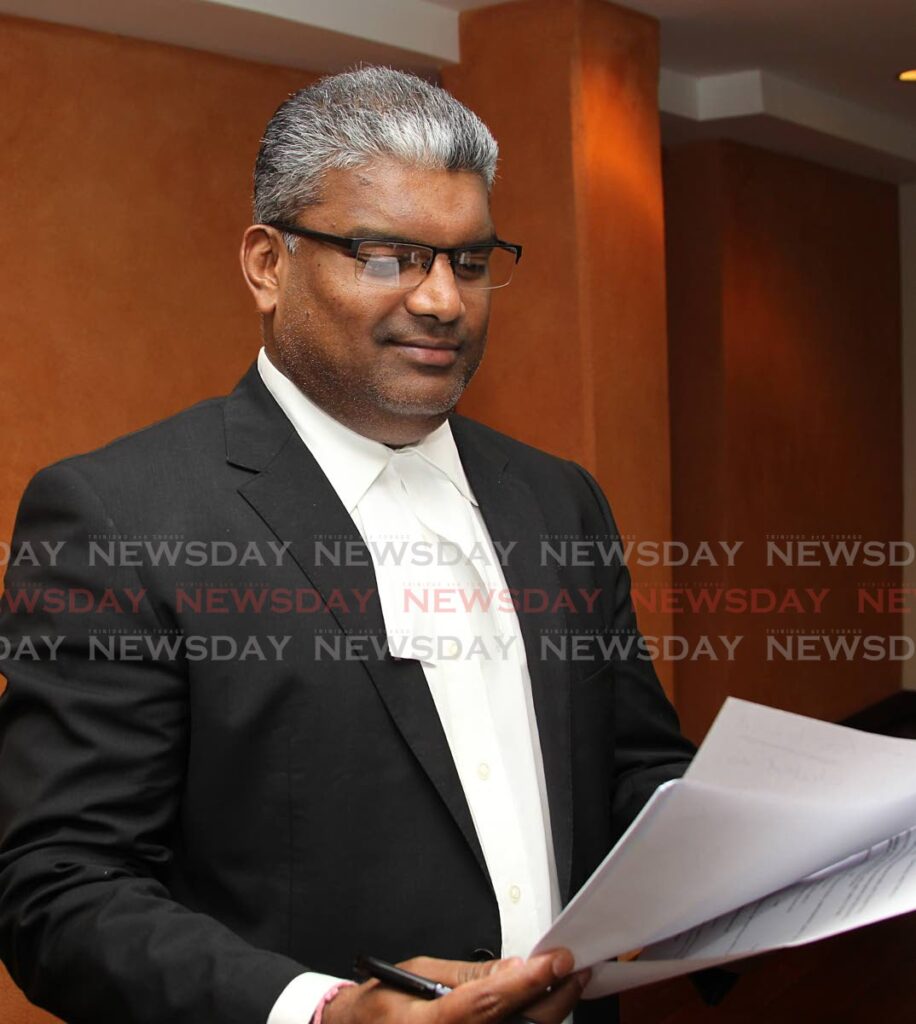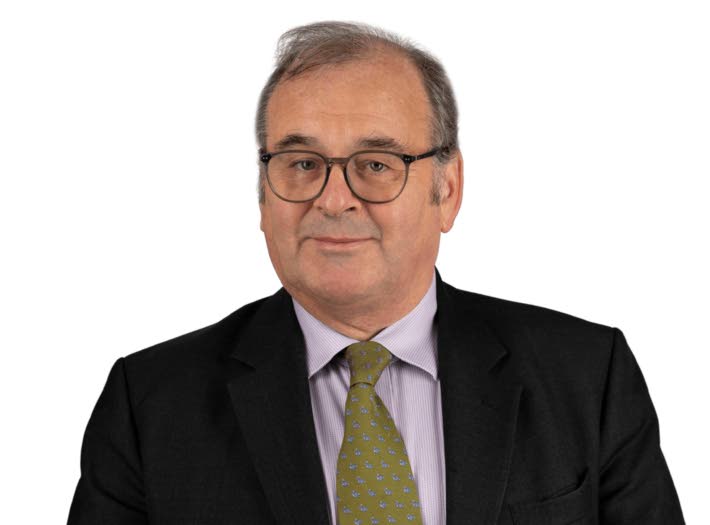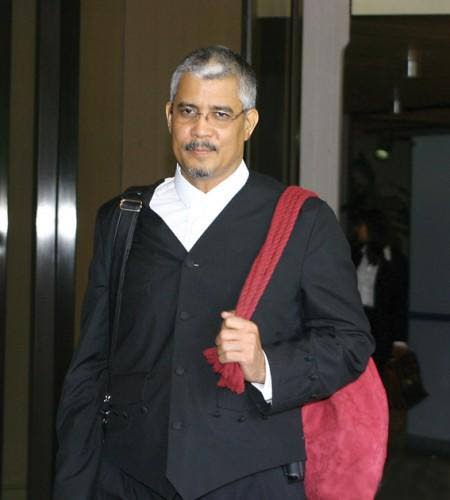Privy Council reserves decision on bail for murder issue

THE Privy Council has reserved its ruling in the State’s appeal of a landmark ruling of the Court of Appeal in February which paved the way for anyone accused of murder to apply for bail.
At the end of the second day of hearing of the appeal, Lord Patrick Hodge said they were aware of the importance of the appeal for criminal law in Trinidad and Tobago. Lords Kitchin, Hamblen, Burrows, and Stephens also presided over the appeal.
In its ruling in February, held that section 5(1) of the Bail Act of 1994, which prohibited bail for people charged with murder, was unconstitutional since it removed the jurisdiction of judges and was not an “existing law” so it was not saved by constitutional provisions.
The decision of the Appeal Court led to the first successful bail application in more than a century in Trinidad and Tobago in March, another in May and two more in June.
On Thursday’s hearing, heavy weather was made of contention by the State that when the Parliament enacted the 1994 bail act, it did so out of a level of mistrust in the judiciary on the question of bail since, at the time, crime levels were high and it was found that people on bail were committing criminal acts, although not for murder since it had never been the practice of the local courts to grant bail for the capital offence.
“One of the main drivers behind the act was a suggestion that bail was too easily granted for other offences,” Peter Knox, QC, who led the State’s arguments at the Privy Council, admitted. He said it wasn’t that they were alleging that the Judiciary could not be trusted, but at the time, the aim of the legislation was one of public safety.

“You have to look at the prevailing circumstances in 1994, in particular, those put before the Parliament for consideration.” He said it was for Parliament to decide on the issue of bail for murder even post-committal. Earlier in his arguments, Knox conceded that although it was never done, judges did have the power to grant bail for murder pre-committal.
In arguments against the appeal, Anand Ramlogan, SC, who represents the ex-murder accused who brought the constitutional challenge against the prohibition which did not allow anyone charged with murder to apply for bail, said section 5 was arbitrary and eroded core rights of citizens under the Constitution. He went through them and was asked to provide the judges with a list in point form. He also said it took away the presumption of innocence and took away a core power of the court, putting it in the hands of the Executive. He also said the section was disproportionate, unreasonable and arbitrary. “If it breaches the rule of law it can hardly be justifiable.”
He said bail cannot be used as a crime-fighting tool but was a measure to secure an accused attendance in court. “Is the measure rationally connected to the aim? No,” he said, suggesting that, instead, consideration should be given to increasing the strength of the police, introducing effective policing measures, a DNA lab and crime scene investigators.
“Trinidad and Tobago is not a poor country… Before going for more draconian measures, look at other options available. If crime is a problem, is the answer to lock them up? It sounds good but what if you were the one locked up?”
He referred to prison conditions and lengthy pre-trial detention, but Knox said those should not be considered since the court only had to determine if the 1994 law was proportionate and reasonably justifiable.
He again said there were options to deal with delay or a “hopeless” prosecutions based on poor evidence. “It is not hopeless that if you are refused bail, nothing can be done.” He also said there was no right to a speedy trial and when Parliament enacted the law, it did so with the requisite majority.
Also addressing the judges was Douglas Mendes, SC, on behalf of the Law Association said the Judiciary was a protector of the Constitution and the legislature could not be given the carte blanche power to take away fundamental rights.

He said when looking at the Hansard references during the passage of the 1994 bail act, the legislature was prepared to deny bail to anyone charged with serious offences to ensure they did not commit serious crimes
Mendes said despite the contention that there was no objection to the provision which prohibited bail for murder when the law was passed, this was not the case as there were objections, including those from a human-rights group of which he was president.
“If it takes away your rights and freedoms, you are not achieving your objective The legitimate of crime and order is to ensure they come to court and turn up for trial.” He, too, said the bail act took away the presumption of innocence. “So that if there is sufficient evidence to support the charge for another offence (committed on bail) that presumes, he is guilty of the first offence.”
Mendes also said less intrusive measures could have been included and, similarly, “let the Judiciary do its job.”
“Leave it to the Judiciary. Has a fair balance been struck between the rights of the accused and the community?” he said.
“You have changed the common law entirely. The right to reasonable bail is violated as soon as you are arrested and when you go before a judicial officer - in this case, a magistrate- they say I cannot do anything about it. You haven’t reenacted a law with modifications, you have done away with bail (for murder) altogether.” Mendes also said when assessing the legislature’s intention in 1994, the bail act, apart from the exception for murder offences, gave a magistrate the power to grant bail for all other serious offences.
“The act established the system that you go before the magistrate and if unhappy with the decision, you can appeal to the High Court and Court of Appeal,” Mendes said, for this reason, the blanket prohibition to bail for murder was inappropriate.
Mendes admitted the issue before the court was an important one for the entire legal profession.
Also appearing for the State is Senior Counsel Fyard Hosein.


Comments
"Privy Council reserves decision on bail for murder issue"